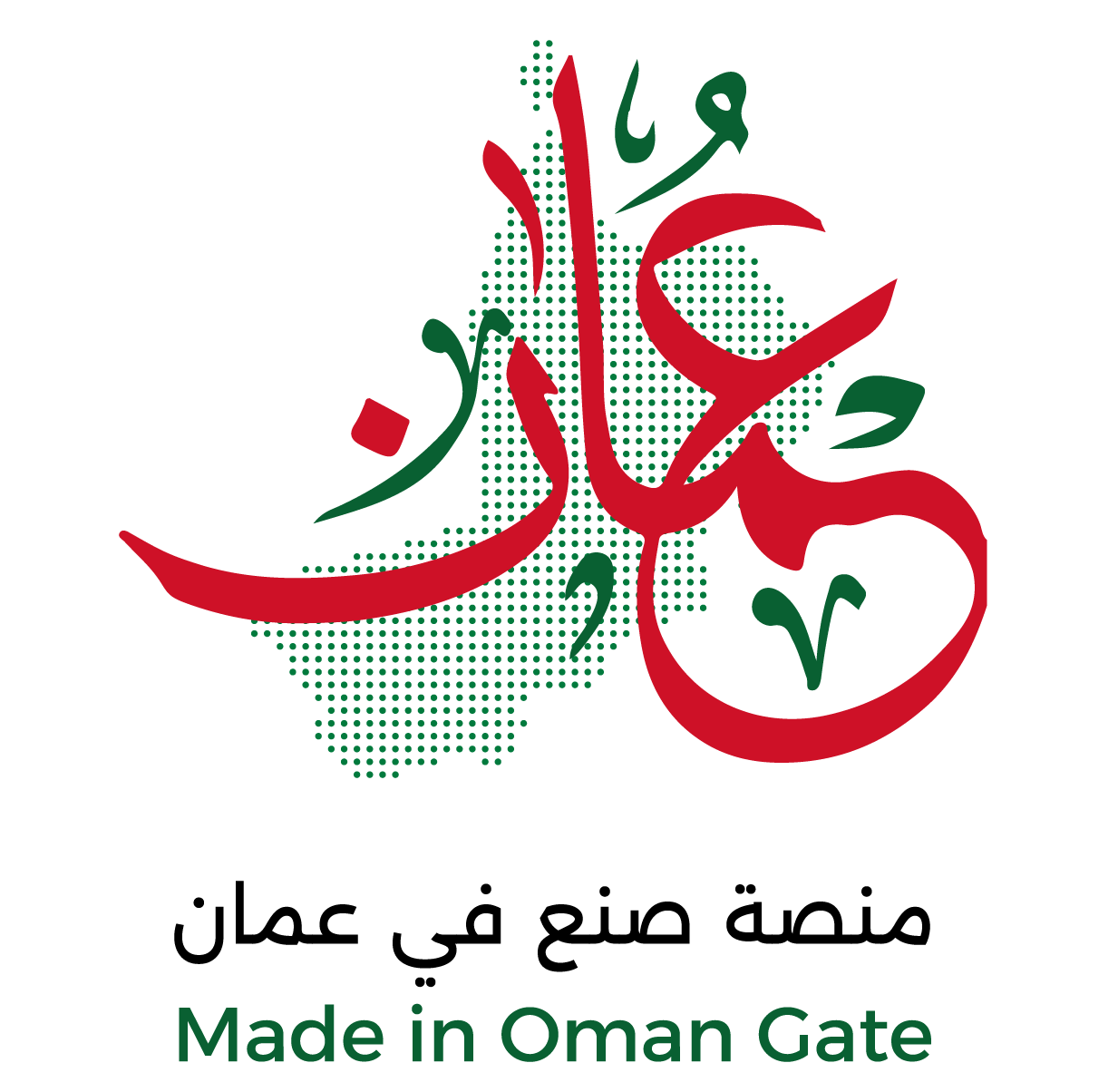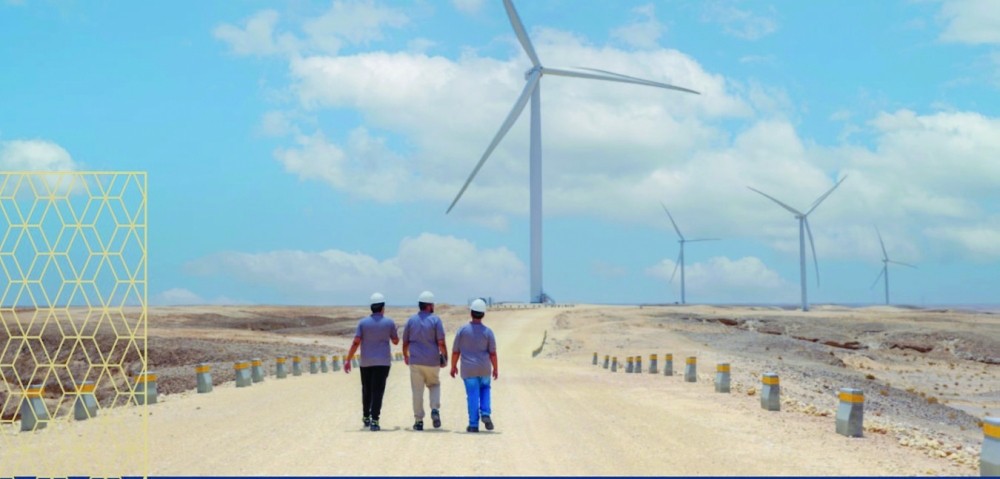Petroleum Development Oman (PDO), the country’s biggest oil and gas producer, has announced progress in the development of a string of renewable energy projects designed to support the decarbonisation of its operations in key areas of its expansive Block 6 concession. Notable is a pair of wind power projects – the first by the majority state-owned energy company – and a new solar Independent Power Project (IPP) planned in the north of its concession.
The two wind energy IPPs, dubbed Riyah-1 and Riyah-2, are of around 100 MW capacity apiece, and are proposed to come up at Amin and Nimr West in the southeast of PDO’s concession. They will capitalize on exceptional wind resources characterized by wind speeds averaging 8 metres/second.
“A 12-month feasibility study, including a site measurement campaign, was conducted to identify the best wind farm lay-out, position and most suitable wind turbine model, and ultimately calculate the expected energy yield,” said PDO, adding that the study also “determined our concession area has excellent wind potential”.
Following a Request for Proposals (RfP) floated in April 2023, PDO is currently evaluating technical and commercial bids received from a number of developers. Work on the two wind farms is slated to be completed by Q2 2026.
Also under development is the North Solar IPP, a 100 MW utility-scale solar photovoltaic scheme to be established close to Qarn Alam Airport near Saih Nihyada in the north of Oman. The project is targeted for completion in Q4 2025.
North Solar IPP will be modelled on the lines of PDO’s landmark 100-MW Amin Photovoltaic Power Plant – Oman’s first utility-scale solar PV plant – which was launched in May 2020. Located near Nimr, the Amin project is also the world’s first utility-scale solar project to have an oil and gas company as the sole buyer of electricity. Currently in the fourth year of operations, the plant enables PDO to reduce its dependence on fossil fuels as part of a broader energy transition.
“This transition to a full-fledged energy company also means leveraging new technology, greater collaboration and improving our overall energy efficiency and water management,” the company said.
“By transitioning to cleaner technologies, implementing rigorous emissions reduction strategies and investing in renewable energy sources, PDO aims to not only reduce its carbon footprint to net-zero emissions (NZE) by 2050 but also set a precedent for sustainable practices within the industry. Our current power target is to source 30% of our power capacity from renewable sources by 2026 and we are aspiring to reach 50% by 2030,” it stated.
Also as part of this low-carbon journey, PDO has financed the introduction of solar power at three of its airports, while also commissioning solar rooftop systems atop six buildings at its Mina Al Fahal complex.
Furthermore, buoyed by the success of its pioneering Miraah solar project for the generation of steam for its enhanced oil recovery project at Amal, PDO is also exploring opportunities for wider adoption of renewable energy, notably in electrical and molten salt heaters, it added.
Oman Observer


